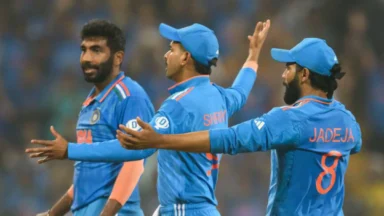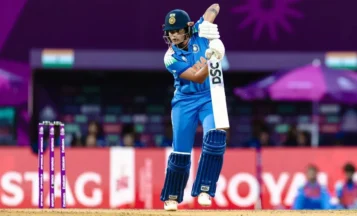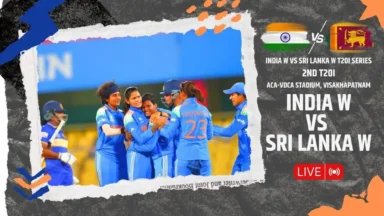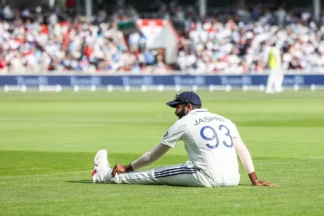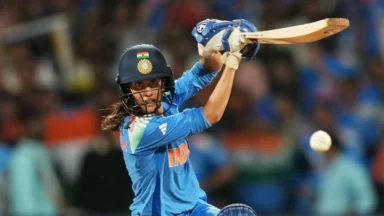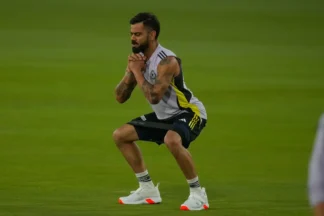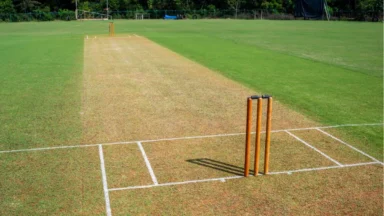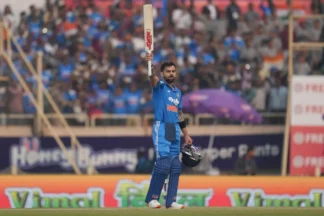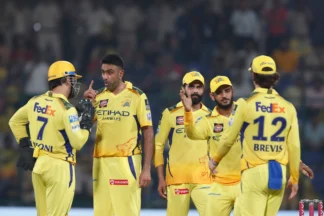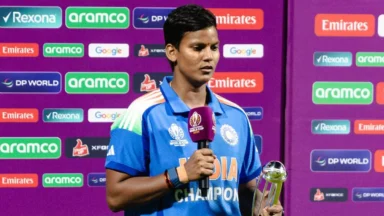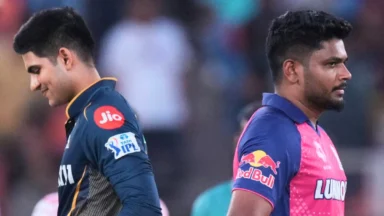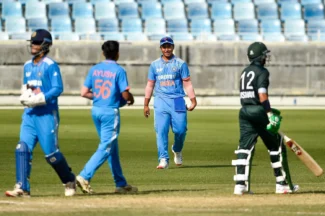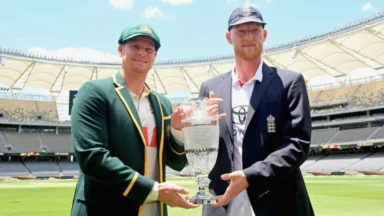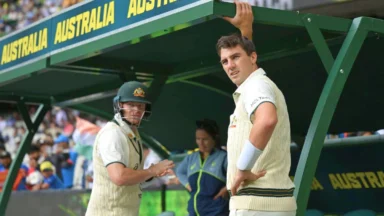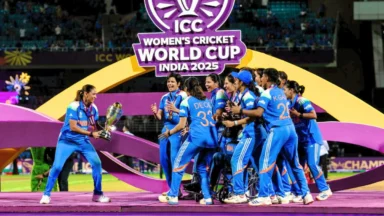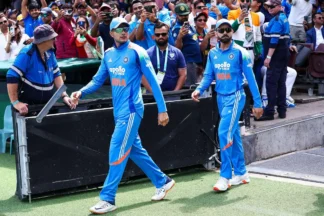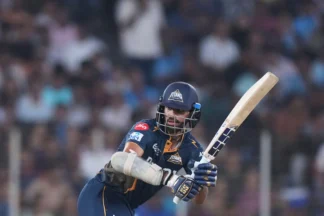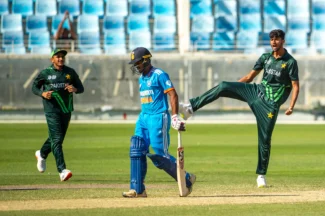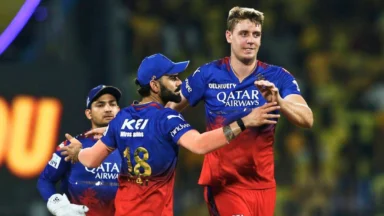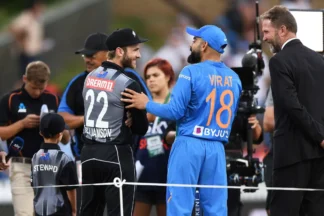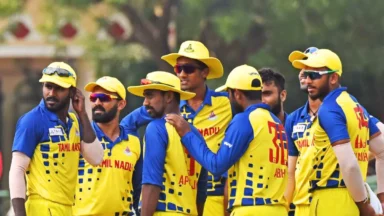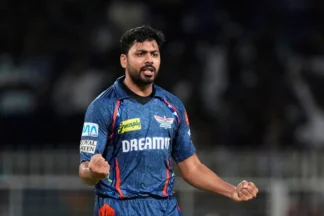Former India fast bowler Jhulan Goswami has voiced her belief that franchise cricket is the future of women’s cricket, emphasising that it is time to prioritise T20 leagues over traditional bilateral series. Goswami, who holds the record for the most wickets in women’s ODIs, has been heavily involved in the Women’s Premier League (WPL) as the bowling coach and mentor for the Mumbai Indians and is set to extend her coaching journey with the Trinbago Knight Riders in the Women’s CPL.
Growing Importance of T20 Leagues
On ESPNcricinfo’s Powerplay podcast, Goswami discussed the increasing clash between the packed cricket calendar and the rise of T20 leagues. “It’s a big challenge for women’s cricket,” she said, noting that while such scheduling conflicts have long been an issue in men’s cricket, they are now becoming a significant concern in the women’s game as well. However, she views this as a positive sign, reflecting the growth and professionalisation of women’s cricket.
Goswami believes the International Cricket Council (ICC) needs to focus on franchise cricket to support the global growth of the sport. “Franchise cricket is the future of women’s cricket,” she asserted. “You have to give priority to every franchise league; otherwise, cricket will not grow.”
Club vs Country: Growing Debate
The debate over prioritising club over country has intensified in recent years, particularly as more T20 leagues have emerged worldwide. Top players like Australia’s Meg Lanning, Ashleigh Gardner, and Tahlia McGrath, and India’s Smriti Mandhana, have had to pull out of various leagues or international commitments to manage their workloads. This situation is becoming increasingly common, with players often having to choose between participating in international tours and high-profile T20 leagues.
Earlier this year, England’s tour of New Zealand clashed with the latter stages of the WPL, forcing players like Heather Knight and Laura Bell to choose between international duty and franchise commitments. Similarly, several players missed the start of the women’s Hundred due to their involvement in the Asia Cup.
Franchise Leagues as a Talent Pool
Goswami highlighted the role of franchise leagues in developing new talent. “See how many quality cricketers were produced by franchise cricket in the last few years,” she said, citing examples from the Women’s Big Bash League (WBBL), the Hundred, the Women’s Caribbean Premier League (WCPL), and the WPL. According to her, prioritising these leagues is essential for maintaining and enhancing the quality of women’s cricket.
“If you have bilateral series and franchise leagues clashing, then you will lose out on quality cricketers,” Goswami warned. She suggested that to avoid this, specific windows should be allocated for franchise tournaments, with bilateral series scheduled around them. This approach, she believes, will aid the growth of women’s cricket globally.
Packed Calendar Ahead
The rest of 2024 presents a busy schedule for women’s cricket. The women’s Hundred concludes on August 18, followed by the WCPL from August 22 to 30. The T20 World Cup in October will lead into the WBBL, scheduled from October 27 to December 1. This busy period will coincide with the home seasons of teams like Australia, Bangladesh, South Africa, India, and New Zealand, all of which are slated to host international matches in December and January.
Jhulan Goswami vision for Future
Jhulan Goswami’s insights reflect a broader conversation about the future of women’s cricket. As franchise leagues gain prominence, the traditional structure of the sport may need to adapt to ensure the continued growth and success of women’s cricket on the global stage. Goswami’s views represent a significant shift in thinking, one that could shape the future direction of the sport.
Editor's Pick
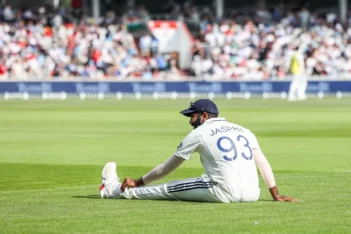 Cricket
Will Jasprit Bumrah play for Gujarat in Vijay Hazare Trophy 2025/26?
Cricket
Will Jasprit Bumrah play for Gujarat in Vijay Hazare Trophy 2025/26?

